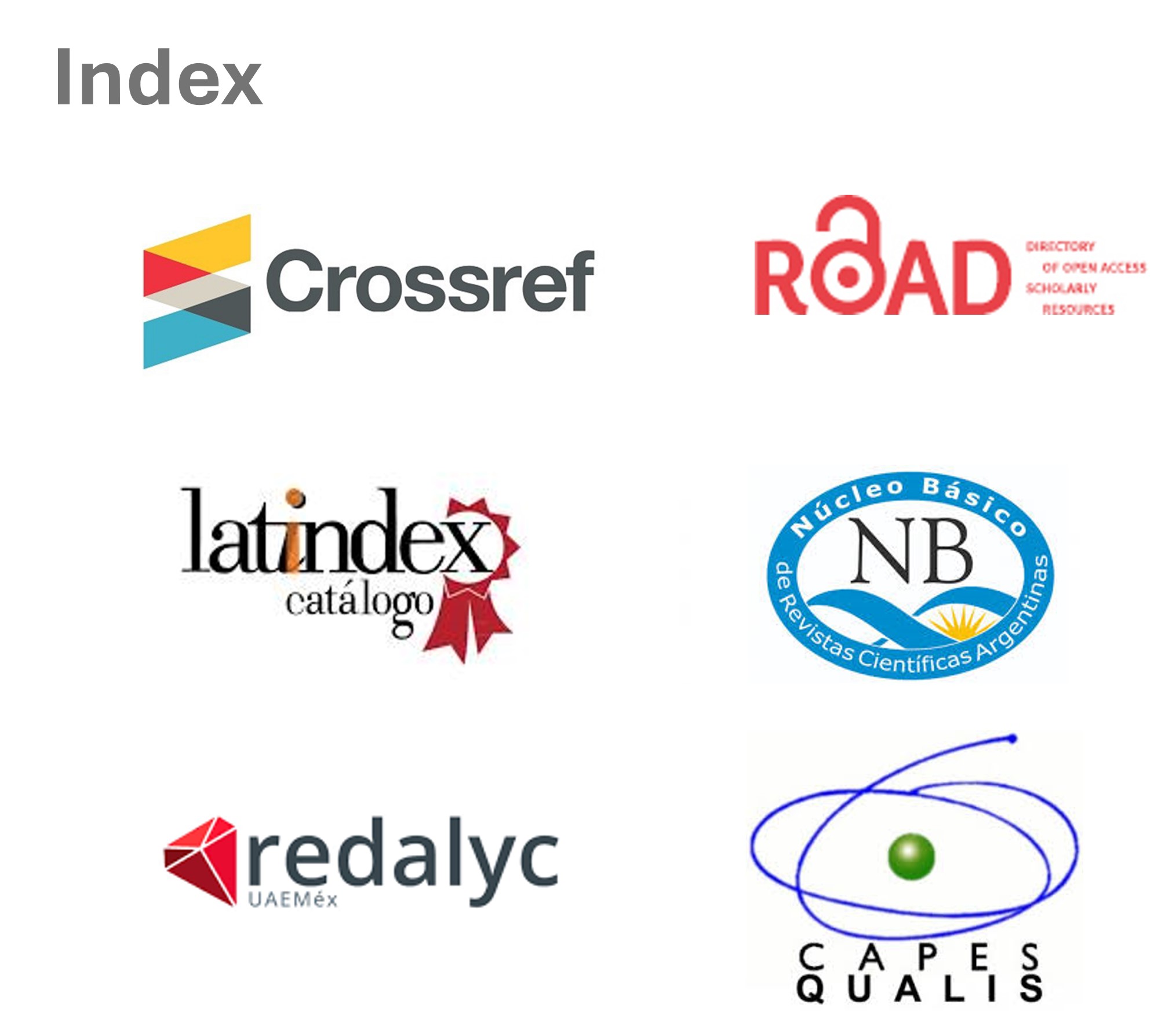Luchas y negociaciones para definir qué es y qué no es problemático. La socio-lógica de la traducción.
DOI:
https://doi.org/10.48160/18517072re23.426Palabras clave:
traducción, problemas de investigación, negociación, situación problemática, socio-lógica de la investigaciónResumen
Este artículo analiza los modos en los que se establece un problema de investigación. Lejos de la división entre lo social y lo cognitivo, este trabajo apunta a comprender las luchas y negociaciones que se producen a cada momento en la definición de aquello que se considera un objeto legítimo de investigación y aquello que no.
Se elige como ejemplo el análisis de las situaciones problemáticas que llevaron a la construcción de la celda de combustible como un tema de investigación financiable por una serie de instituciones francesas. Para ello se tomaron en cuenta por igual tanto las disputas entre investigadores, como las diferentes definiciones técnicas sobre el objeto, los problemas que fueron tenidos en cuenta y aquellos que se excluyeron.
De esta forma, el autor busca demostrar cómo toda investigación científica constituye desde el principio un complejo juego de negociaciones, alianzas y resistencias que implican traducciones y redefiniciones parciales o totales del contenido de la investigación.
Citas
Bourdieu, P. (1979), La distinction, París, Editions de Minuit [edición en castellano: (1998), La distinción. Criterios y base sociales del gusto, Madrid, Taurus].
Callon, M. (1978), “De problème en problème: itineraire d’un laboratoire universitaire saisi par l’aventure technologique”, CSI-Cordes.
Callon, M. (1979), “L’Etat face à l’innovation technique; le cas du vehicule electrice”, Revue Francaise de Science Politique, pp. 426-447.
Callon, M. y Latour, B.(1981), “Unscrewing the Big Leviathan: How Actors macrostructure Reality and How Sociologists Help them to do so”, en Knorr-Cetina,
K. D. y A. V. Cicourel (eds.), Advances in Social Theory and Methodology: Toward an Integration of Micro and Macro-sociologies, Londres, Routledge and Kegan Paul.
Chubin, D. y K. Studer (1977), “The Place of Knowledge in Scientific Growth”, ponencia presentada en la reunión de la American Sociological Association, septiembre.
Collins, H. M. (1975), “The Seven Sexes: A Study of the Sociology of a Phenomenon, or Replication of Experiments in Physics”, Sociology, 9, pp. 205-224.
Deleuze, G. (1969), La logique du sens, París, Editions de Minuit [edición en castellano: (2002), La lógica del sentido, Madrid, Paidós].
Dewey, J. (1929) The Quest for Certainty: A Study of the Relation of Knowledge and Action, Nueva York, Minton, Balch and Co.
Dewey, R. E. (1977), The Philosophy of John Dewey, La Haya, Martinus Nijhoff.
Edge D. O. y M. J. Mulkay (1973), “Cognitive, technical and social factors in the growth of Radio Astronomy”, Social Science Information, XII, pp. 25-60.
Gilbert, G. N. (1976), “The transformation of research findings into scientific knowledge”, Social Studies of Science, 6, pp. 281-306.
Gilpin, R. (1968), France in the Age of Scientific State, Princeton, Princeton University Press.
Holton, G. (1973), Thematic Origins of Scientific Thought, Kepler to Einstein, Cambridge, Harvard University Press.
Knorr, K. (1977), “Producing and reproducing knowledge: descriptive or constructive? Toward a model of research production”, Social Science Information, 16, pp. 669-696.
Knorr, K., R. Krohn y R. Whitley (1981), The Social Process of Scientific Investigation. Dordrecht y Boston, D. Reidel Pub. Co.
Knorr, K. D. y A. V. Cicourel (eds.) (1981), Advances in Social Theory and Methodology: Toward an Integration of Micro and Macro-sociologies, Londres, Routledge and Kegan Paul.
Krohn, R. (1978), “The Social Process of Scientific Investigation”, McGill University, mimeo.
Kuhn, T. S. (1970) The Structure of Scientific Revolutions, Chicago University of Chicago Press [edición en castellano: (1975), La estructura de las revoluciones científicas, México, FCE].
Lemaine, G. (1980), “Science normale et science hypernormale. Les stratégies de différenciation et les stratégies conservatrices dans la science”, Revue française de sociologie, XXI, (4) [en castellano: (2005), “Ciencia normal y ciencia hipernormal. Las estrategias de diferenciación y las estrategias conservadoras en la ciencia”, en REDES, 11, (22), pp. 117-151].
Latour, B. (1980) “Is it possible to (re) construct the research process? Sociology of a brain peptide”, en Knorr, K., R. Krohn y R. Whitley, The Social process of scientific investigation, Dordrecht, Boston, D. Reidel Pub. Co.
Latour, B. (1981), “Who is agnostic; what could it mean to study science?”, en Kuclick, H. y R. Jones (eds.), Sociology of Knowledge, Science and Art, vol. 3, Londres, JAI Press.
Mulkay, M. J. (1972), The Social Process of Innovation: A Study in the Sociology of Science, Londres, The Macmillan Press.
Papon, P. (1976), “Governmental support for industrial research and development in France: theory and practice”, Minerva, XIV (3), pp. 330-354.
Popper, K. R. (1959), The Logic of Scientific Discovery, Londres, Huchinson [edición en castellano: (1962), La lógica de la investigación científica, Madrid, Tecnos].
Popper, K. R. (1973), Objetive Knowledge, Oxford, Oxford University Press [edición en castellano: (1994), El conocimiento objetivo, Madrid, Tecnos].
Serres, M. (1974), Hermes III. La traduction, París, Editions de Minuit.
Serres, M. (1980), Le parasite, París, Grasset.
Whitley, R. D. (1972), “Black-boxism and the sociology of science: a discussion of the major developments in the field”, The Sociological Review Monograph, 18, pp. 61-92.
Descargas
Publicado
Cómo citar
Número
Sección
Licencia
Derechos de autor 2006 Redes. Revista de Estudios Sociales de la Ciencia y la TecnologíaLos documentos aquí publicados se rigen bajos los criterios de licencia Creative Commons Argentina.Atribución - No Comercial - Sin Obra Derivada 2.5 https://creativecommons.org/licenses/by-nc-nd/2.5/ar/













